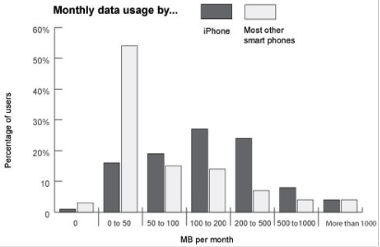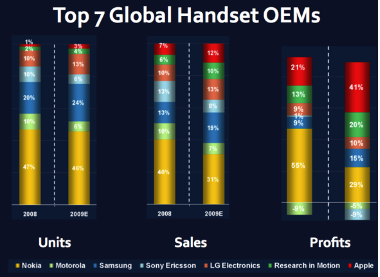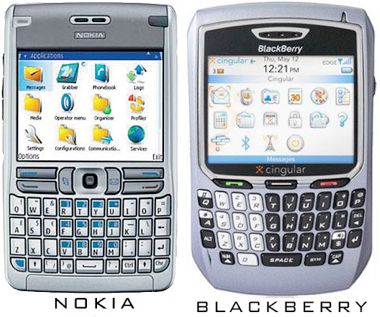RIM’s co-chief Mike Lazaridis downplayed many of Apple’s efforts today in a keynote at the TD Newcrest technology conference in Toronto. The executive was concerned that there wasn’t necessarily a market for tablets like the iPad and that any devices would have to be put in the context of computers and smartphones. Many companies ask new hires to choose either a new smartphone or a new notebook, and if the tablet is simply a substitute for a notebook it may not have an easy answer, Lazaridis said.
He added that smartphones are getting more powerful and more computer like, and by extension would reduce the need for a tablet.
The company leader also dismissed the importance of touchscreen phones. While it’s important to give customers what they want, touch-only phones like the iPhone aren’t that popular, Lazaridis argued. He claimed that most of the people buying touchscreen phones are going back to phones with hardware QWERTY keyboards, like those that made RIM “famous.”
He pointed out that it was the experience and not the features that determined a phone’s success, and that the most popular BlackBerry was actually the starter Curve 8520. It not only lacks touch but 3G and a high-resolution screen.
via RIM chief: no market for tablets, touch-only phones | Electronista.
Jobs must be thinking: with enemies like these, who needs friends.



